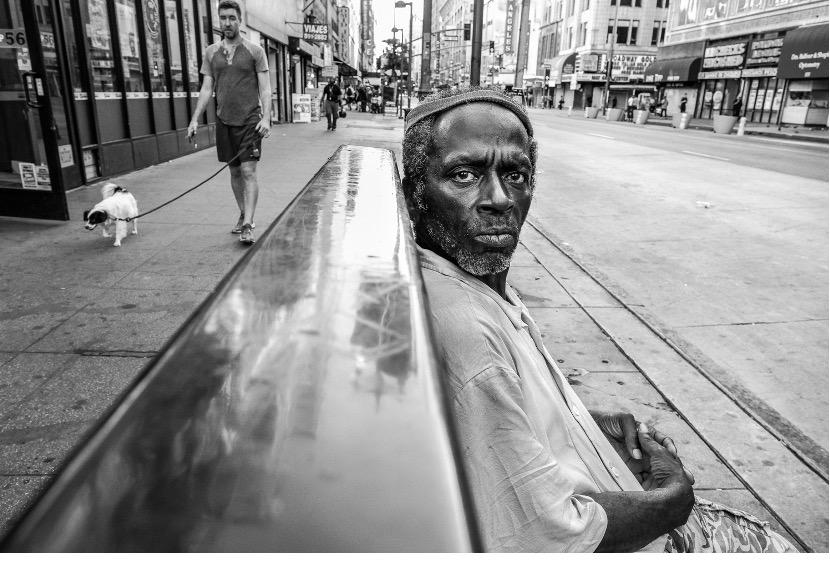CommentsDEEGAN ON LA—The right answer is “both”—but, first triage their mental health needs, and then tuck them into a warm bed. But, how?
Getting into their heads is a vexing question that Sacramento is now attempting to answer. Where the beds are is another piece of the puzzle.
The latest strategy to deal with the homeless is from Governor Newsom, who recently announced the Community Assistance, Recovery and Empowerment (CARE) Court. It will allow a judge to order someone that is homeless into a mental health maintenance program that can last up to 24 months. It would include some form of sheltering.
How the “beneficiary” reaches a judge is a contentious part of the proposed program. It can come from a referral by a first responder, a mental health specialist, or a family member. The homeless person can not personally apply for the help.
Only a mental health expert is truly qualified to make the assessment and a referral to the court. Someone with a trained eye must categorize them with one of the disabilities or deficiencies and pitch them to the judge for relief. Will an ombudsman role surface to support the clients?
The idea of the police making the referral flies against the emerging progressive goal of having mental health experts, not police, respond to homeless mental health calls.
The good news is an emphasis on the mentally ill homeless. The open question is how will homeless advocates react to a third-party judicial intervention that could put a homeless person under court supervision for up to twenty-four months? Is it soft criminalization?
The legal mechanism for this new program is AB-2830 now making it way through the state legislature. If turned into law, it would allow a judge to issue a court order that can “provide behavioral health care, stabilization medication, and housing support to adults who are suffering from schizophrenia spectrum and psychotic disorders and who lack medical decision-making capacity.” A companion piece, SB-1338, is moving through the state senate.
In Los Angeles, billions of dollars (Prop HHH) have been allocated to be spent on housing the homeless. The creation of new housing for them has been exposed at $800,000 per unit.
The present model, running concurrently with a fearsome surge in the homeless population count, is to prioritize housing and supportive services.
The “new idea” is not unlike a “51-50 hold” where an authority figure can send someone into a 72-hour psychiatric hold for evaluation.
Some powerful special interests are against the CARE Court concept. They include the American Civil Liberties Union, Disability Rights California, and the Western Center on Law and Poverty. The objection is that its coercive, and that a mentally ill homeless person is left out of the decision about their own health. The government supposition is that they are too mentally ill to make their own health decisions.
Right now, this idea is like the tip of an iceberg moving glacially slowly through the public awareness and legislative processes. Newsom wants to implement it by July 1. Chances are poor that he’s going to meet that goal to have the new plan up and running in the next sixty days.
Instead, he’s likely to face mounting opposition to an idea that may have merit, but is not yet fully understood and supported by a variety of stakeholders that he needs support from.
In LA, none of the Board of Supervisors or the City Council has offered public support for the proposed CARE Court.
(Tim Deegan is a civic activist whose Deegan on LA weekly column about city planning, new urbanism, the environment, and the homeless appear in CityWatch. Tim can be reached at [email protected])
















